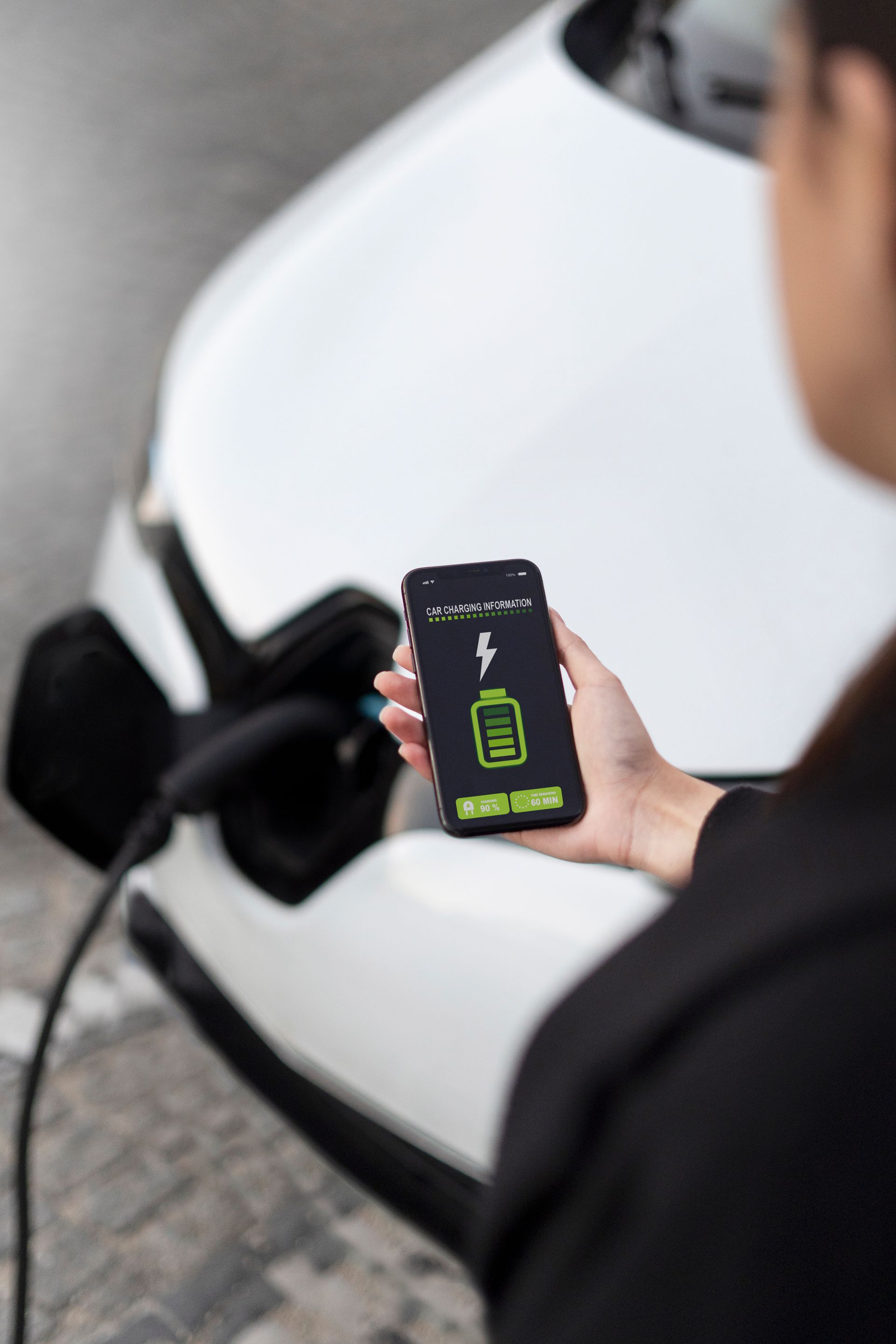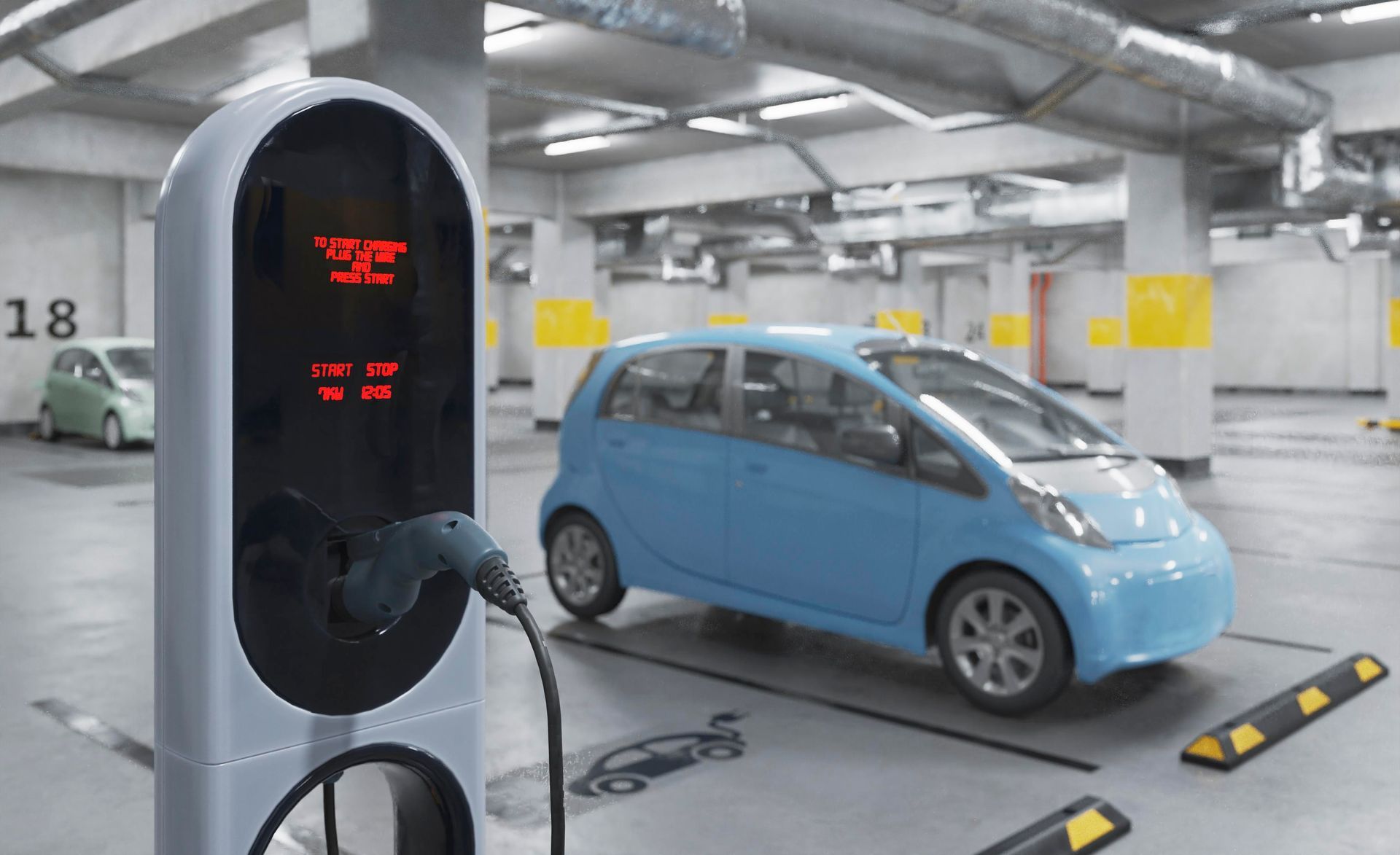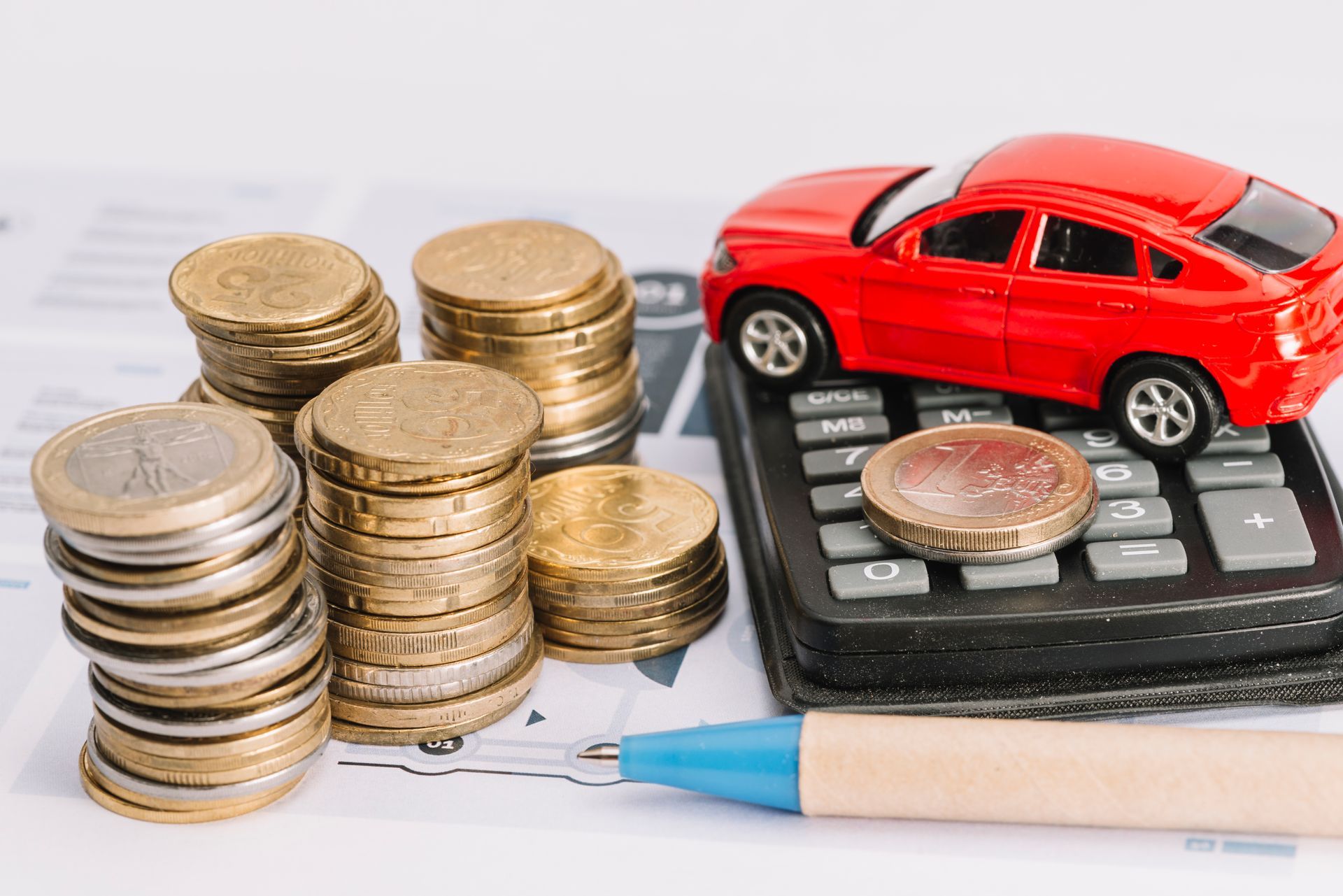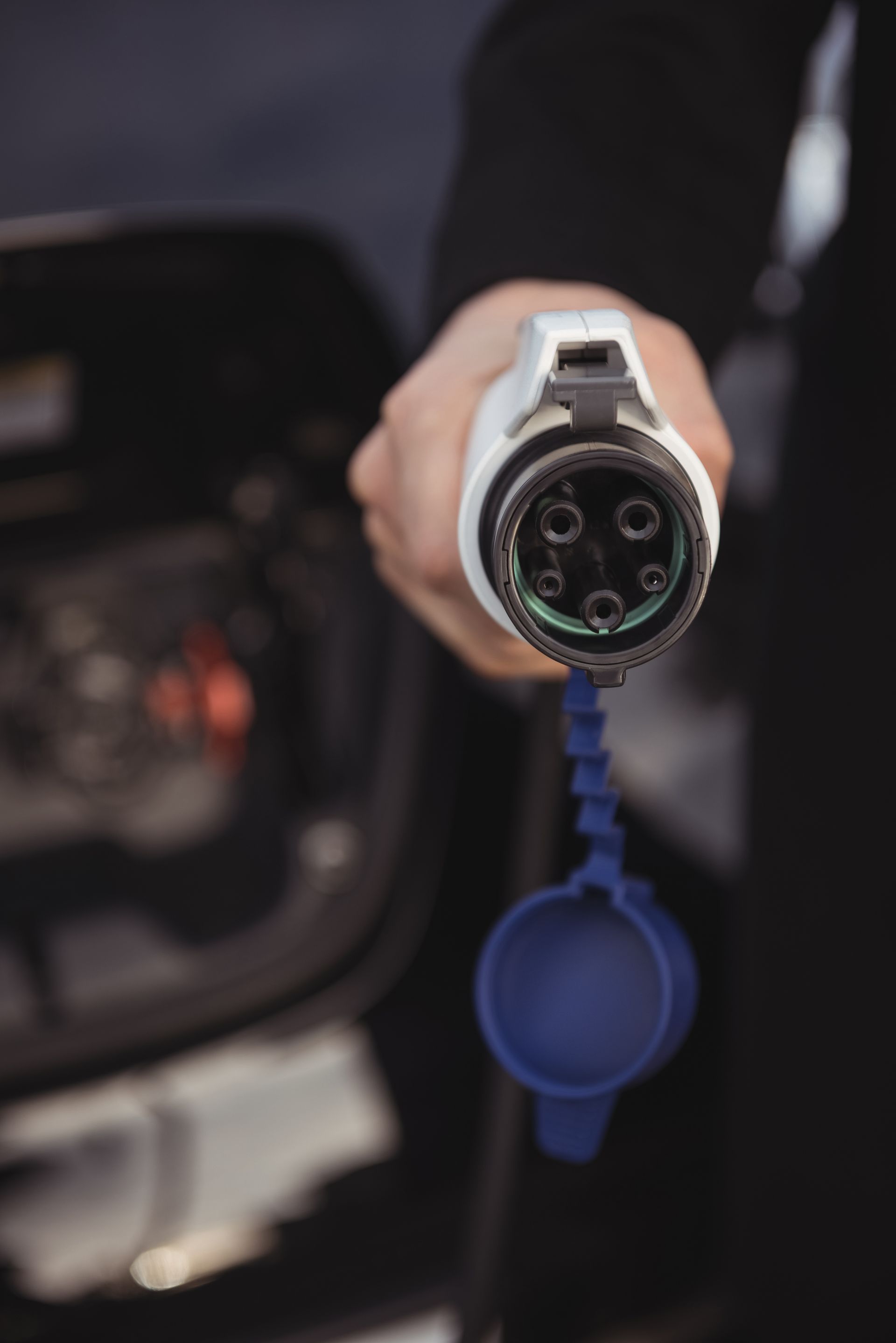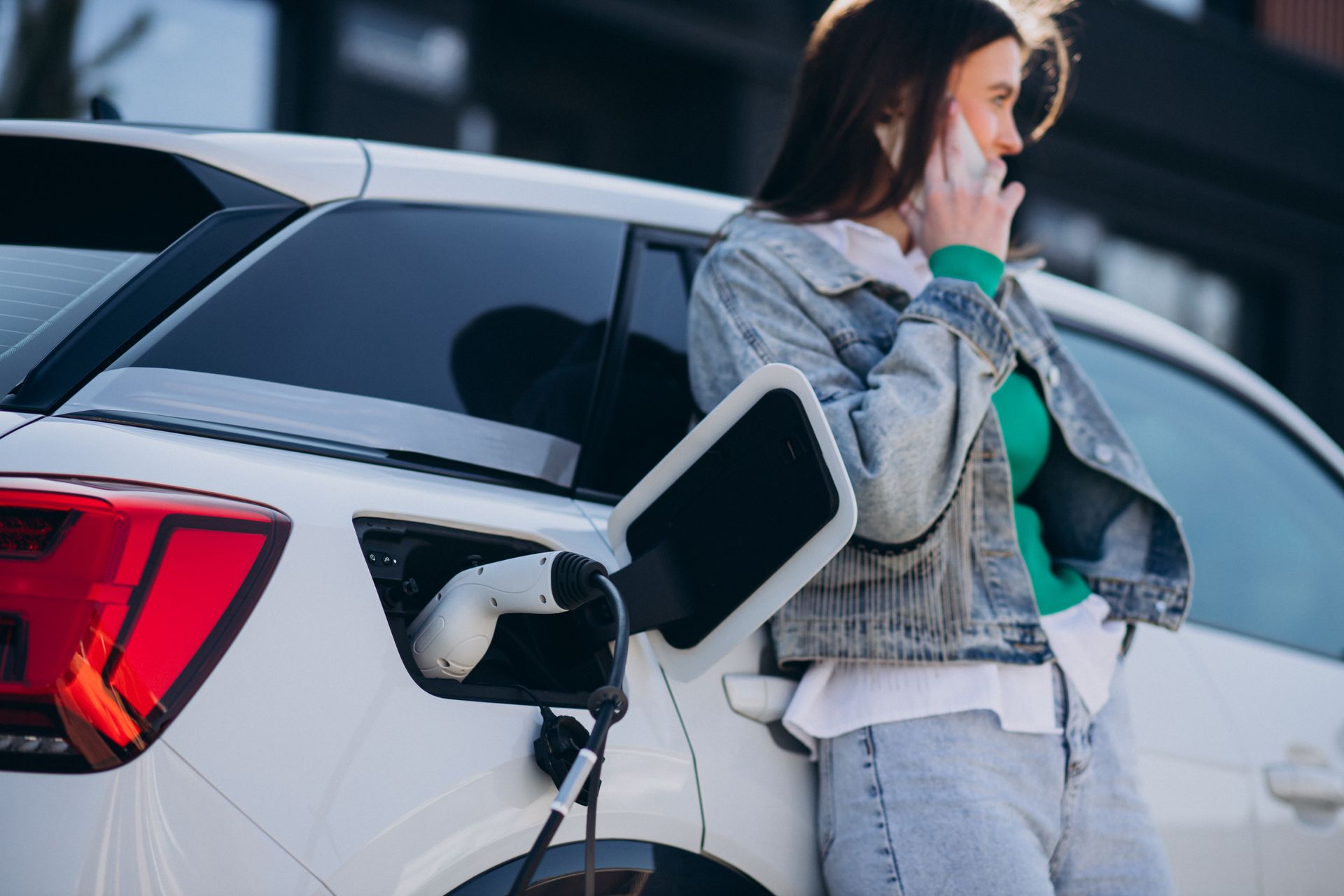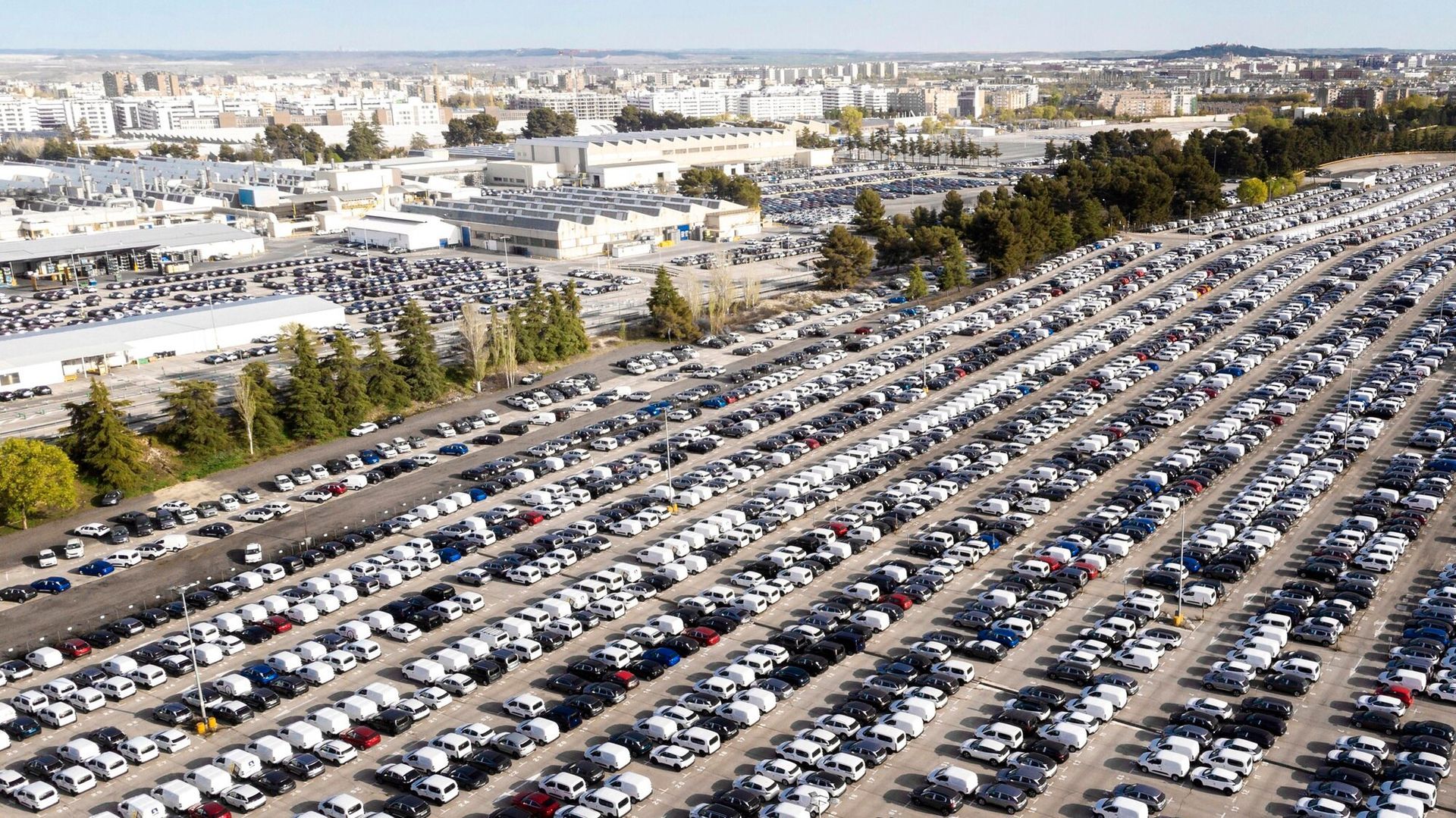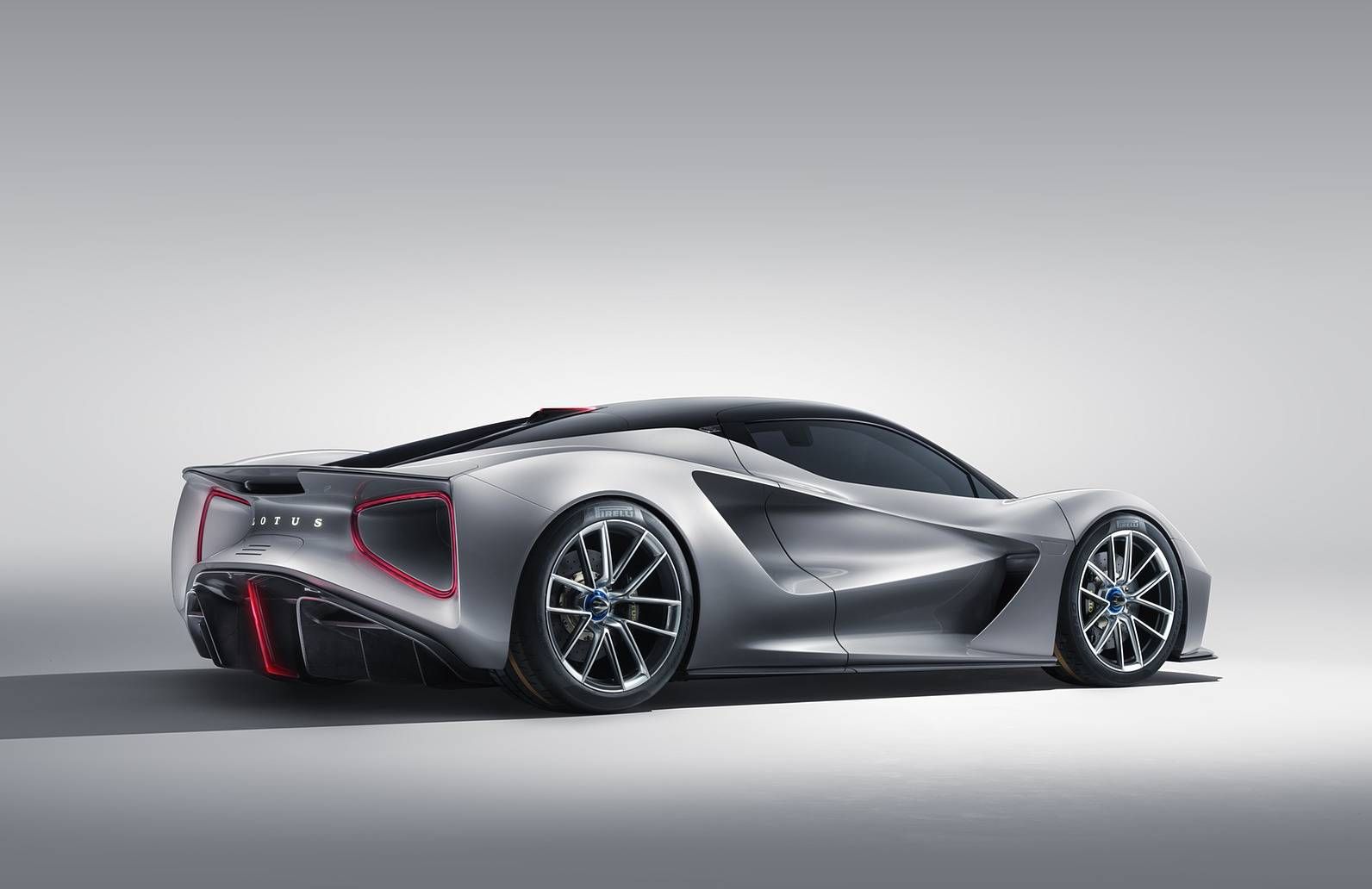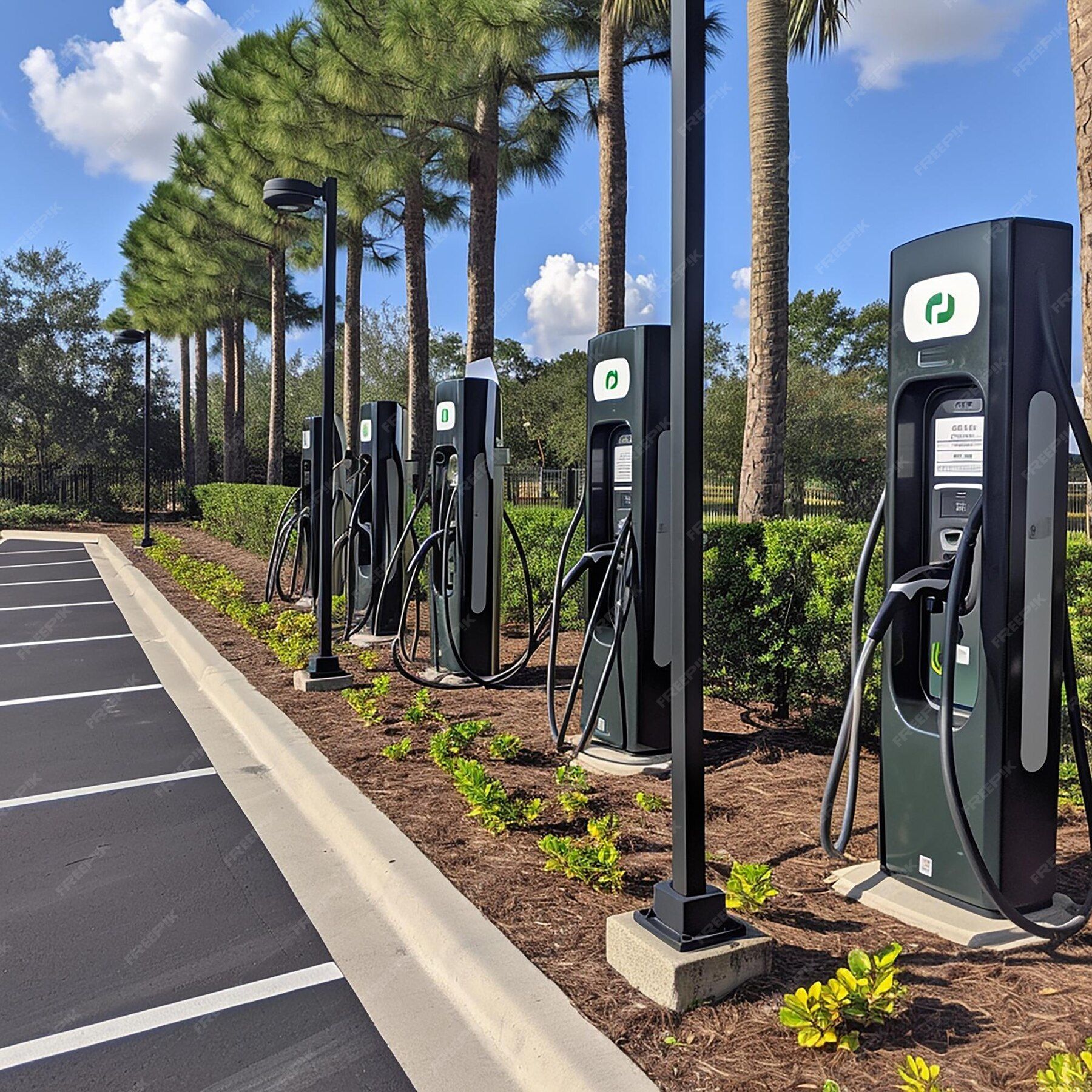Equipmake Launch Jewel E Double Decker Bus
UK electric drivetrain makers Equipmake and Spanish bus manufacturers Beulas have launched the Jewel E electric double decker bus.
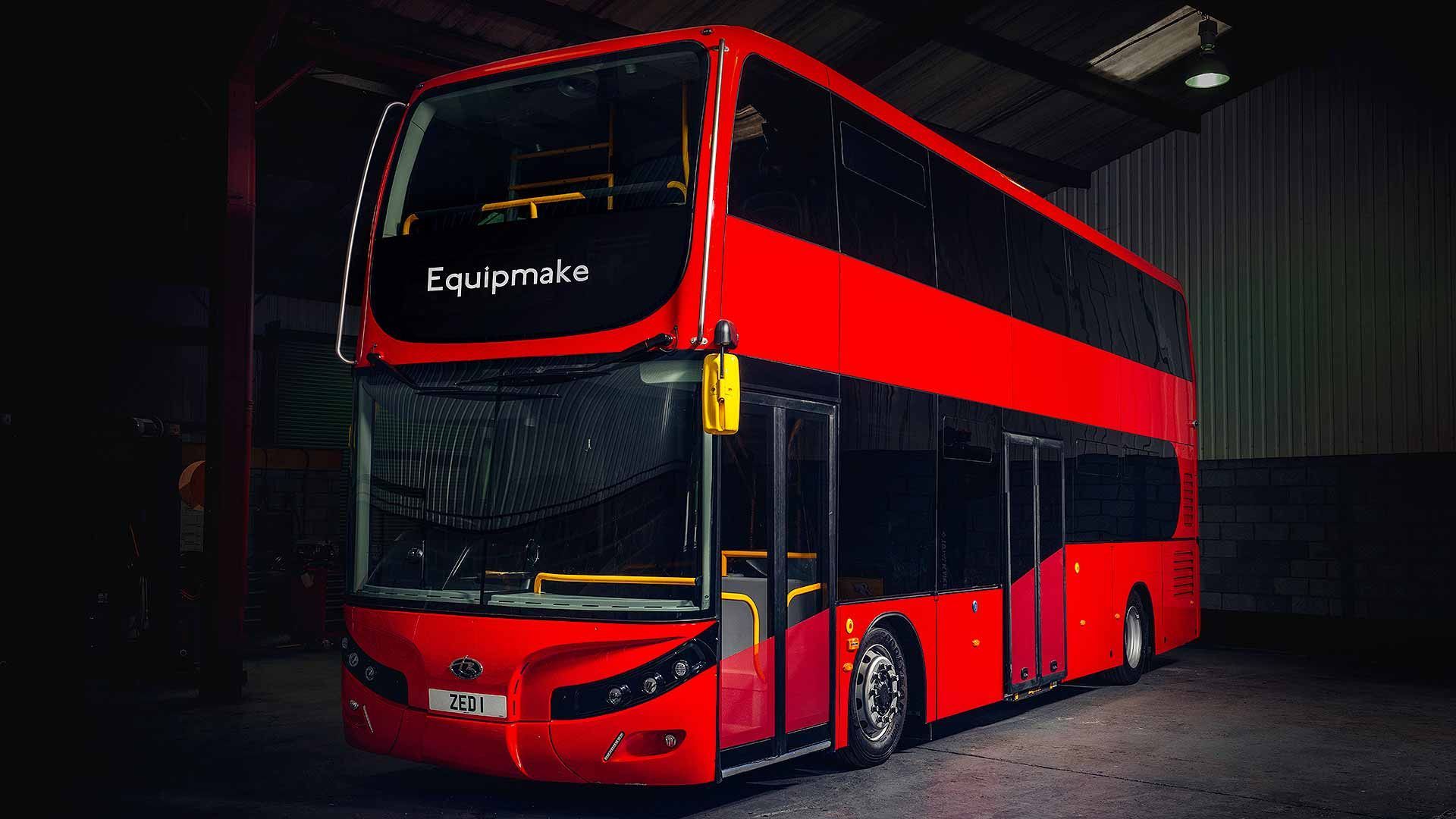
The Jewel E
Equipmake’s Jewel E double decker will be assembled in Norfolk in a joint venture with Spanish bus manufacturers Beulas.
The companies say in a press release that the Equipmake platform on which the bus is based can have a battery of up to 543kWh, giving it a range of up to 250 miles per charge - more than enough for a day’s operation on most city bus routes in the UK.
Its HTM 3500 motor can produce up to 3,500Nm of torque at 1,000rpm, giving it plenty of push to get around town even with its 70 passengers aboard. According to Equipmake the bus is set for live road testing in the first quarter of 2022.
Fierce Competition
It is a late-comer to the market, with Transport for London (TfL)’s current favoured bus makers Wrightbus and BYD-ADL already having fully electric buses on London’s roads. The UK market is large, and London accounts for half the market nationwide so there will be significant demand in the coming years as more and more cities and bus companies plan to only buy electric buses as London has.
One of the big differentiators that make the Jewel E stand out is that it meets the safety standards that all London buses will have to conform to from 2024. These include cameras, mirrors and an advanced emergency braking system that keeps pedestrians and cyclists safe when near the vehicle.
The Need For Electric Buses
Some 9,000 early deaths a year in London are attributed to poor air quality, and with climate change a major issue, the pressure is on councils and government to tackle vehicle emissions wherever possible. According to TfL, moving the entire London bus fleet to zero emission by 2037 would save 4 million tonnes of CO2 - another million tonnes would be saved if this was brought forward to 2030.
Sadiq Khan, London’s Mayor said, “London’s toxic air is a shameful health crisis which is causing premature deaths and stunting the growth of children’s lungs. Today, as part of our work to tackle both the harmful emissions we breathe and the climate emergency, I am proud to announce that London will no longer procure new diesel or hybrid buses and will only procure zero-emission buses.”
Our Thoughts
Transport is accounts for 27% of UK CO2 emissions in the UK. Though buses and coaches account for just 3% of that, it is an area that councils and local authorities can control through making demands on bus companies to go to zero emissions vehicles. Ultimately, governments must lead the way in tackling climate change, and if 3% can be reduced to zero, so a very public step has been taken to tackle overall emissions.

